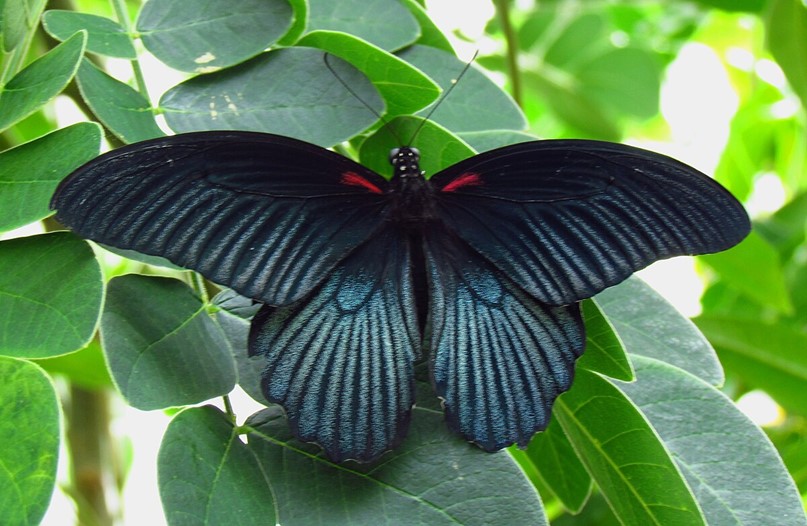Indonesia is one of the largest mega-biodiversity countries in the world, with a variety of rich species of flora, fauna and microbiotics that live in terrestrial, freshwater, wetland, coastal and marine ecosystems. However, its current condition continues to experience pressure from damage and the threat of extinction. On the other hand, the status, trends and impact of anthropocentric activities cannot be measured nationally.

To overcome this problem, the Indonesian Biology Consortium (KOBI), since 2019, has initiated the preparation of the Indonesian Biodiversity Index (IBI) through the MBKM-Biological Data Curator activity which was attended by 514 students from 104 universities in order to collect and compile biodiversity data in Indonesia. “We have succeeded in collecting data on 11,137 biodiversity,” said Chairman of the Indonesian Biology Consortium (KOBI) Prof. Dr. Budi Setiadi Daryono told journalists Monday (29/4) in the context of socializing the results of the Consultation Seminar on the Results of the Analysis of the Indonesian Biodiversity Index, which took place in Jakarta, last Friday (26/4).
According to Budi, the analysis of the biodiversity index is through the development of the use of biodiversity big data technology to answer the current knowledge gap regarding biodiversity data. “The use of big data is specifically to measure the status, trends and impact of development activities on biodiversity in its habitat,” said the Dean of the Faculty of Biology UGM.
According to Budi, the collection of data on 11,137 biodiversity will then be analyzed in more depth by experts and curators who are competent in their fields. With the support of strong concept and model design, as well as the right composition of expertise and knowledge in the study team, we will be able to optimize new knowledge products from the use of big data. Budi said several Biology UGM lecturers involved in KOBI contributed to data collection. Apart from that, there is a Professor in the Statistics Study Program, FMIPA UGM, Prof. Dedi Rosadi is a member of the expert team for Biodiversity Index analysis.
Budi hopes that the results of the Indonesian Biodiversity Index (IBI) assessment can become a data reference and visual guide for practitioners in the field of biodiversity as well as a proposal for planning for the government in determining policies and making decisions by looking at the status and trends of biodiversity sustainability for ecosystems and nature in Indonesia. “We want the existence of IBI to provide index calculation results that are scientifically tested and can be jointly accounted for for credible environmental and biodiversity management in Indonesia,” he hoped.
WWF Indonesia Manager and member of the Indonesian Biodiversity Index research team, Barano Siswa Sulistyawan, Ph.D., stated that the curation of biodiversity data was based on data collection from 1975 to 2023. The data obtained was then carried out by a population census, population estimation, density including data converted from camera traps, abundance index, transport per business unit, biomass, samples, and representativeness.
“All data entered is stored and updated through the Indonesia Biodiversity Database server system, then geographical corrections are made to the location of the observation results according to the published report,” he said.
However, what is no less important, according to him, is correction of all input data to validate writing according to data categorization. This Faculty of Biology UGM alumnus explained that currently he is conducting a biodiversity index in categories per class, such as the analysis carried out for the actinopterygii, aves, mammals, reptiles and invertebrates.
However, what is no less important, according to him, is correction of all input data to validate writing according to data categorization. This Faculty of Biology UGM alumnus explained that currently he is conducting a biodiversity index in categories per class, such as the analysis carried out for the actinopterygii, aves, mammals, reptiles and invertebrates.
Author: Gusti Grehenson on ugm.id
Photo: inaturalist.org, Gordon Robertson
Translated by Faculty of Biology UGM

